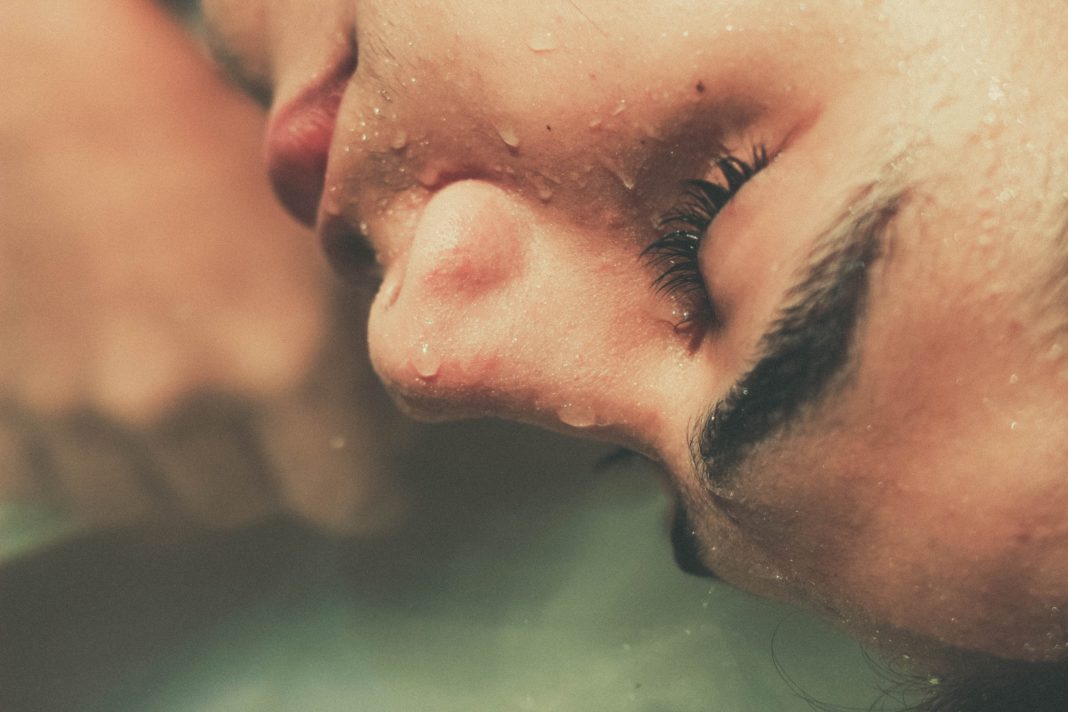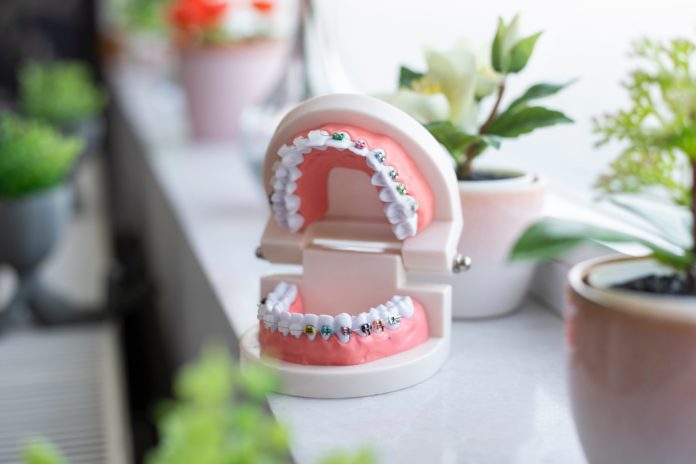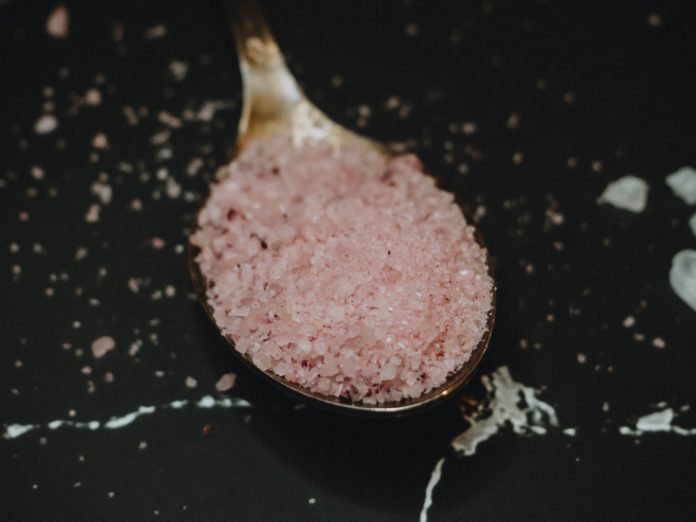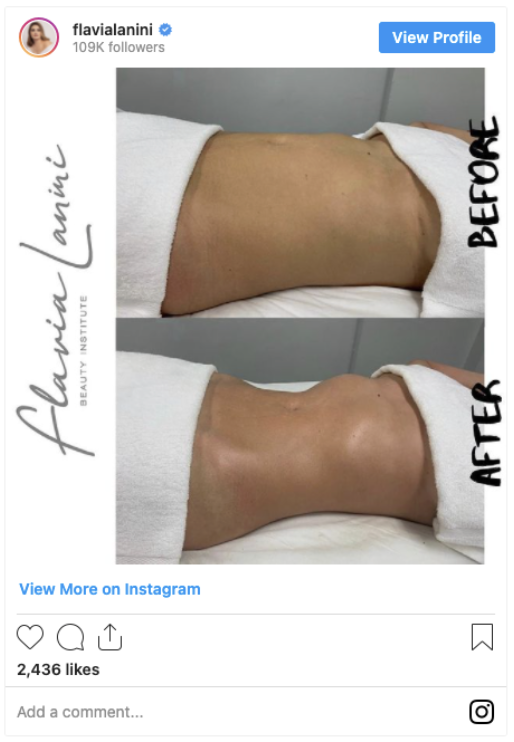When you think of the parts of your body keeping you alive, you probably focus on your heart and brain, right?
What about your skin?!
That’s right – you need your skin to stay alive.1
It might be the most underappreciated, vital organ in your body. Without it, not only would our bodies lose all their moisture and dry out, but we’d have no protection from pathogens and toxins.
And then there’s the whole aging thing…
|
Scientists estimate that 97% of visible skin aging is due to environmental factors.2 Your skin barrier is what protects you from these environmental assaults. So, a healthy skin barrier = less visible skin aging. |
What We Know
Most of us think of our “skin” as the stuff we see on the outside. In actuality, “skin” is comprised of three distinct layers:
1. An outer, thin layer = epidermis
2. A middle, thick layer = dermis
3. A subcutaneous fatty layer = hypodermis
Each of these layers has sublayers, but today we’re only talking about the outermost layers of the epidermis, also known as the skin barrier. This barrier has many important functions:
– regulates water loss from the inside out
– locks in moisture
– protects against harmful microbes
– protects against UV radiation
– protects against pollution
– protects against toxins3
Obviously, it’s not a complete barrier (like a suit of armor), because our skin is permeable and has pores. So how does it work?
The most common analogy of the skin barrier is one of a brick-and-mortar wall. You can picture your skin cells as individual bricks. Between them is a mortar “filling” of lipids. This mortar structure is where compromises (or “cracks”) can take place.
A healthy, intact skin barrier is essential for healthy skin. When the skin barrier is compromised, you can experience irritated skin, dryness, and even chronic skin conditions.3
Things that damage your skin barrier:
The list of things that can compromise your skin barrier is startlingly long. We’ll group them into several categories for you, including environmental factors, lifestyle factors, and genetic factors.
As you go about your day, you might not even realize all the environmental assaults coming at your body… and your skin is there as the first line of defense to protect you. We’re talking about UV radiation from the sun, pollution from the air, even changes in the weather can harm your skin barrier.4,5
The next group of skin insults to watch out for are things you might be doing to yourself (we know you don’t mean to!). Taking showers that are too hot, exfoliating too much, using harsh products not suited to your skin type.6
Even psychological stress has been shown to disrupt your skin barrier – and also prolong its repair.7,8
Oh yea, eating unhealthy foods and not sleeping enough are also insults to your skin barrier.9 This should actually be good news!
It means that taking care of yourself (and your overall health) will also have added benefits for your skin barrier.
Finally, we have the genetic factors, aka the ones you can’t control – but you can at least be aware of them and take extra precautions if needed. Typically, the whiter and paler your skin is, the thinner your skin barrier. Also, if you have a family history of chronic skin conditions (dermatitis, eczema, etc) you could also be more vulnerable.
Things that build your skin barrier:
If you’re feeling overwhelmed by all the things that can hurt your skin barrier, rest assured that it can be remarkably resilient at repairing itself. Of course, you’ll need to do a few things to help:
First up, obviously avoid all the things in the section above. Then, to help proactively rebuild your skin barrier, here’s what to do:
- Keep it simple
Strip back your routine, especially if you’ve been overdoing it with exfoliation, peels, retinols etc. Get rid of foaming cleansers which have drying sulfates, and stop using anything with alcohol with witch hazel.
Keep it super simple and use the fewest amount of products possible for a couple weeks. Once your skin is feeling less irritated, you can start adding back products, one at a time.
- Use ceramides
Remember the “mortar” part of the bricks-and-mortar model of your skin barrier? A large part of the mortar is made up of lipids called ceramides.
While your body naturally produces these lipids, your production peaks in your 20s and declines every year from there. (!) Add in environmental factors which degrade your ceramides, and your ceramide levels could be plummeting.
The good news is you can supplement them. Yes, you can find creams that will deposit ceramides on your skin, and these can certainly help. But keep in mind, these typically have limited efficacy when compared to internal supplementation.
Taking supplements with ceramides allows them to be absorbed into the skin from within.
3. Hydrate from within
Little-known fact: many moisturizers don’t actually add moisture to your skin. (They just seal your skin to prevent moisture from escaping.) That means you need to provide hydration from the inside.
Drink your water, make sure you’re getting sufficient electrolytes when needed, and maybe consider a hyaluronic acid supplement.
Wait – eat/drink acid? Indeed!
See, hyaluronic acid is naturally produced by your body. Similar to ceramides, you also start making less of it as you age (starting in your 20s), and environmental factors can also decrease it. Why is it important? Hyaluronic acid actually attracts moisture like a magnet and binds it to your cells.
- Seal hydration in
For a strong skin barrier, dermatologists recommend using a petrolatum product to lock moisture in. (Yes, this includes good old vaseline.) Petrolatum is believed to block up to 99% of water loss from the skin.10 They also recommend using a clean plant oil (almond, argan, coconut, jojoba, rosehip) to nourish your skin barrier.
- Eat healthy fats
Essential fatty acids and omegas are the building blocks of healthy skin cells. Try making sure you’re getting regular servings of fish oil (from cold water fish), walnuts, avocados and flax seeds.11,12 EFA’s are also anti-inflammatory and can help soothe irritation. They also help your body hang onto more moisture.
- Meditate
Yes, really. Because stress is inflammatory and can lead to a weakened skin barrier, it makes sense that anything that reduces stress can counteract this harm. Meditation has been proven to help reduce the inflammatory response that your body has to stress.13
There’s even an emerging field called “psychodermatology” that combines mental health treatment with skincare routines.
What We’re Still Learning
It’s actually remarkable how new the science on the skin barrier is, and how much we’re still figuring out.
For example, science knows there’s a correlation between acne breakouts and stress, but they’re still not 100% sure how it works. They suspect it has to do with the skin barrier, and the way in which stress impacts it, but the exact mechanism has not yet been proven.14,15
A huge part of skin barrier science actually relates to the skin microbiome. It’s been estimated that skin microbiota diversity might exceed gut microbiota diversity.16
Enzymes secreted by these skin microbes are partially responsible for natural exfoliation and renewal of the skin barrier. Because it is so vast and complex, however, the skin microbiome continues to present challenges to scientists seeking to understand all its functions.17
The Bottom Line
Taking care of your skin is about so much more than vanity. You want a healthy skin barrier to help keep you hydrated and to protect you from toxins, pathogens, UV radiation and more.
While there’s an endless supply of everyday things that degrade our skin barrier, you can help counter these attacks by employing a few simple steps to help your skin barrier repair itself.
How do I get started?
| Toes In |
|
| Waist Deep |
|
| Full Immersion |
|





